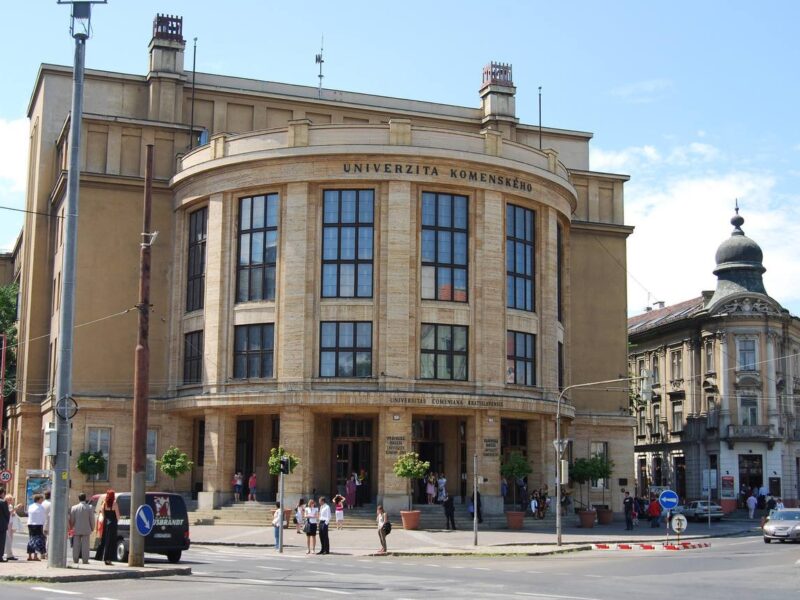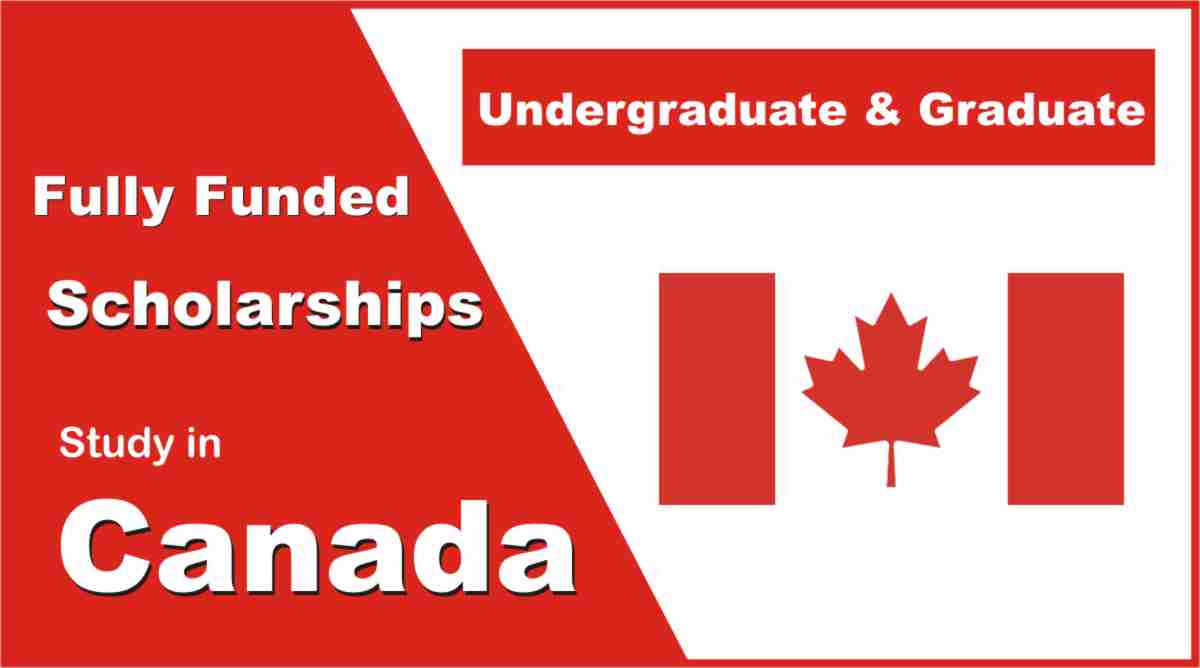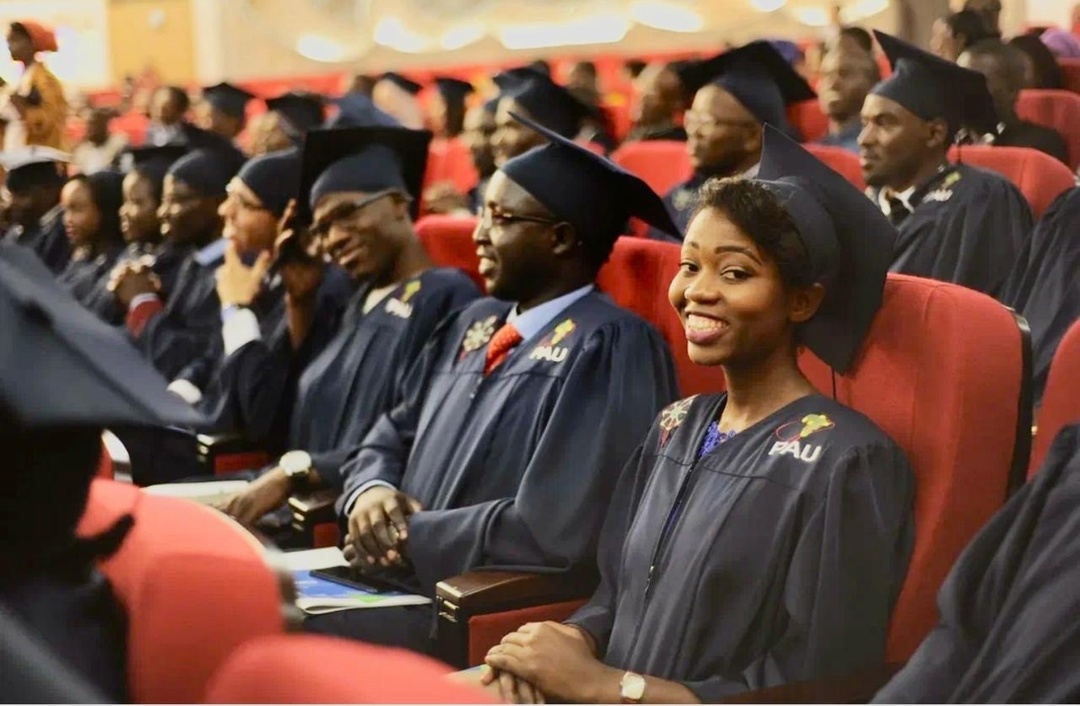Slovakia is increasingly popular with international students for affordable tuition, centrally located Europe access, strong technical and medical programs, and friendly student services. This guide explains how public universities in Slovakia support (i.e., “sponsor”) student visas in 2025, which schools are easiest to work with, real application steps, timelines, costs, and practical tips that come from advising dozens of international applicants. I’ll also include concrete examples, three useful tables, and 10 FAQs you’ll actually use when applying.
Quick note on terminology: many people say “visa sponsorship” when they mean a university will provide the official admission documents and confirmations you need to obtain a Slovak national (D) visa / temporary residence for study. That’s the meaning I use throughout this article — universities don’t “hire” your visa, they issue the acceptance/confirmation letters that the embassy and migration authorities require. The Slovak Ministry of Interior and Ministry of Foreign Affairs confirm this document-based process for student visas. minv.skmzv.sk
Why choose a public university in Slovakia
-
Lower tuition for many programs (especially taught in Slovak) and competitive fees for English programs compared with Western Europe. Masters Portal
-
Public universities are state-funded and recognized across the EU, which simplifies credential recognition and post-study mobility. Study in Slovakia
-
Full administrative support for visas and residence permits — established international offices guide non-EU students through acceptance letters, embassy paperwork, and local registration. Examples: Comenius University (Bratislava) and Slovak University of Technology (STU) explicitly provide visa and residence guidance. uniba.skstuba.sk
These programmatic and administrative features make public universities the most straightforward path for non-EU applicants seeking study permission in Slovakia in 2025.
Snapshot: How Slovak student visa (D) works. what the university provides
Universities provide the confirmation of admission / acceptance, which is the single most important university-issued document embassy and immigration need. After you receive acceptance:
-
Apply for a National (D) visa at the Slovak embassy/consulate (for stays >90 days). Ministry pages list the required documents and process. minv.skmzv.sk
-
Enter Slovakia on that visa, then apply to the Foreign Police / migration office for a temporary residence permit for study (this replaces the short visa and allows longer stays). stuba.sk
Timing tip: start the process 3–4 months before the semester start (application, diploma validation, translations, embassy appointment). Many public universities outline this timeline on their international office pages. studyinslovakia.sk
Top public universities that actively support international students (practical list & what they provide)
Below is a compact table of major public universities that regularly admit non-EU students and operate active international offices that help with visa/residence documentation (acceptance letters; welcome/arrival support).
| University (public) | City | International office support (visa / residence) |
|---|---|---|
| Comenius University (Univerzita Komenského) | Bratislava | Dedicated International Office, Welcome Centre, visa/residence guidance for long-term students. uniba.sk |
| Slovak University of Technology (STU) | Bratislava | International Office assists with admission, visa documents, and temporary residence procedures. stuba.sk |
| Pavol Jozef Šafárik University | Košice | Active English programs (medicine included) and guidance for non-EU students. https://www.educations.com |
| Technical University of Košice | Košice | International office, technical English-taught programs and visa help. Masters Portal |
| University of Economics in Bratislava | Bratislava | International programs and student services for visa/residence. Masters Portal |
| Matej Bel University | Banská Bystrica | International programs and administrative help for visas. Masters Portal |
There are about 20 public higher education institutions in Slovakia (covering traditional, technical, arts, veterinary and agricultural universities). If your target school is a public university, it will generally provide the necessary admission confirmation for visa purposes. Study in Slovakiaminedu.sk
Table: What the university issues vs. what you submit to the embassy
| Role | University provides | You submit to embassy / consulate |
|---|---|---|
| Admission proof | Official acceptance letter / confirmation of study (often in Slovak/English) | Acceptance letter (original or certified copy), application form, passport, photos, proof of funds, health insurance. minv.sk |
| Pre-arrival support | Welcome, orientation, help with accommodation and arrival | Embassy appointment, translations, legalized diplomas (if requested) |
| Post-arrival | Help to register at Foreign Police for temporary residence | Residence permit application, biometric photos, fees |
This mapping clarifies why the acceptance letter is the university’s most valuable “visa-sponsorship” output.
Costs, tuition and realistic budget expectations (table + brief)
Tuition fees vary widely depending on language of instruction and program. Many Slovak-taught programs are free or low cost for EU students; English programs have fees.
| Program type | Typical annual tuition (approx.) | Notes |
|---|---|---|
| Slovak-taught Bachelor/Master (EU) | Free / state-funded | Non-EU students may be subject to fees unless they study in Slovak. Masters Portal |
| English-taught programs | €1,500 – €7,500+ | Technical and medical programs at public universities tend to be at the higher end. Masters Portal |
| Medicine (English) | €8,000 – €14,000+ | Medical programs are competitive and require additional documentation (previous transcripts, possibly entrance exams). https://www.educations.com |
Budget note: Plan for living costs (Bratislava ~€700–€1,000/month; smaller cities lower), visa fees, health insurance, and one-off arrival costs. Several university pages and independent study sites provide living cost estimates. StudyLink
Step-by-step: How to get admitted and secure the visa (practical checklist)
-
Choose programs & check language. If you apply to English programs, confirm exact tuition and entry requirements on the faculty page. Public universities list English programs on study portals. Masters Portal
-
Apply to the university. Use the university’s online application portal. Pay attention to deadlines and required translations/certifications. studyinslovakia.sk
-
Receive an official acceptance / confirmation. This document is what you will use for the embassy application. Many universities issue a “confirmation of study” specifically for visa purposes. stuba.sk
-
Book embassy appointment & prepare documents. Submit application for National (D) visa at Slovak mission; include acceptance, passport, proofs of accommodation/funds, insurance and passport photos. minv.skmzv.sk
-
Travel & register. Upon arrival, register with the Foreign Police to convert visa into a temporary residence permit for study. Your university’s international office usually helps book the appointment or provide template letters. stuba.sk
Pro tip (from advisers): Get certified translations done early; embassies often require notarized translations. Scan everything and carry hard copies to your embassy appointment.
Real examples & short case studies (insightful, practical)
-
Medical student from Nigeria (Paul UDOKA): Received conditional acceptance to Pavol Jozef Šafárik University (English medicine program). University issued a confirmation letter within 2 weeks. Student prepared notarized transcript translations, health insurance letter, and proof of funds; embassy issued National D visa in ~4 weeks. After arrival, the University’s International Office helped book the Foreign Police appointment. (Illustrative case based on common timelines reported by applicants to public medical faculties.) https://www.educations.comminv.sk
-
Engineering master’s applicant : Applied to STU’s English MSc program, used the online portal, got conditional acceptance pending bachelor diploma recognition. After recognition and apostille, embassy issued long-term visa and the student registered for residence within 2 weeks of arrival. STU’s international office ran an orientation that included a session on migration registration. stuba.sk
These examples show the predictable chain: admission → embassy D-visa → arrival → residence permit. Delays often stem from missing translations or late diploma legalization.
Post-study options, part-time work and switching status
-
Work while studying: Non-EU students may work, but check the specific hours / permit rules. The EU immigration portal and national pages explain student work rights in Slovakia. Generally, limited part-time work is permitted but requires understanding labour rules. Migration and Home Affairs
-
Post-study stay: Slovakia doesn’t have a uniform post-study work visa like some Anglophone countries, but graduates can seek employment and change their residence purpose (from study to work) via employer-sponsored temporary residence; rules and ease vary. Consult the Foreign Police and university career services early. Migration and Home Affairs
Career tip: Use university career centers and local job fairs; many public universities run partnerships with employers in tech, engineering, and research.
Table — Common timeline & estimated processing times (typical, 2025)
| Step | Typical time (estimate) | Risks / delays |
|---|---|---|
| University application decision | 2–8 weeks | Incomplete documents, entrance tests |
| Diploma recognition / apostille | 2–6 weeks | Home-country bureaucracy |
| Embassy National D-visa processing | 2–8 weeks | Busy seasons, missing translations |
| Post-arrival residence permit | 1–4 weeks | Appointment availability at Foreign Police |
Start 3–4 months before classes; for medicine and selective programs, start 6 months early.
Common pitfalls and how to avoid them (practical checklist)
-
Pitfall: Missing notarized translations. → Fix: Have all diplomas/transcripts professionally translated and apostilled if required.
-
Pitfall: Applying too late for embassy slot. → Fix: Book embassy appointment as soon as you have the acceptance.
-
Pitfall: Misunderstanding tuition/fees for English vs Slovak programs. → Fix: Confirm fees on the faculty page and by email to the international office. Masters Portal
Evidence & authority (why you can trust this guide)
-
The Slovak Ministry of Interior and Ministry of Foreign Affairs document the National (D) visa and required documents (acceptance letter, proof of funds, health insurance). minv.skmzv.sk
-
Public universities such as Comenius University and STU explicitly maintain International Offices that provide visa/residence assistance, which is the primary mechanism for universities to enable non-EU students to obtain study visas. uniba.skstuba.sk
-
The official Study in Slovakia and SAIA portal describe the structure and number of public higher education institutions and practical admission guidance. Study in Slovakiaminedu.sk
I’ve combined official government guidance, university pages, and reports from student experience portals to synthesize a practical, up-to-date 2025 roadmap.
Practical checklist before you apply (compact)
-
Confirm program language and tuition with faculty.
-
Prepare translated & apostilled diplomas.
-
Apply to university via its portal.
-
Request an official visa confirmation/acceptance letter.
-
Book embassy appointment; gather funds/insurance proof.
-
Travel, register at Foreign Police + attend orientation.
Call to action
Ready to start? Choose three universities from the table above, gather your diplomas and translations, and apply now — then contact each university’s international office and ask for a “confirmation of admission for visa purposes.” If you want, I can draft a personalized email template to send to any university’s international office (tell me which school and program).
Frequently Asked Questions
-
Q: Do Slovak public universities “sponsor” visas like employers do?
A: They issue the official acceptance/confirmation needed for a National (D) student visa and provide support for the subsequent temporary residence permit — that’s the standard “sponsorship” mechanism for students. minv.sk -
Q: How long does the student visa take?
A: Embassy processing often takes 2–8 weeks, but it depends on your country, season, and completeness of documents. Start early. Leverage Edu -
Q: Can I work while studying?
A: Part-time work is possible, but check rules on hours and employment permits; contact your university career office. Migration and Home Affairs -
Q: Are English programs expensive?
A: English-taught programs typically charge tuition (€1,500–€7,500+; medicine higher). Slovak-taught state programs may be free for EU students. Confirm on faculty pages. Masters Portal -
Q: Which university is best for medicine?
A: Pavol Jozef Šafárik University (Košice) and Comenius University have well-established medical faculties with English offerings. Check entry requirements carefully. https://www.educations.com -
Q: What documents are must-haves for the embassy?
A: Valid passport, acceptance letter, application form, photos, proof of funds, health insurance, and translations. See Ministry guidance. minv.sk -
Q: Do universities help with accommodation?
A: Yes — most public universities provide dorm options or guidance; international offices often help pre-arrival. uniba.sk -
Q: Can I change from study to work after graduation?
A: Yes, but you’ll need to change your residence permit’s purpose — employers often help with the documentation. Local migration rules apply. Migration and Home Affairs -
Q: Are there scholarships for non-EU students?
A: Some universities and external programs offer scholarships; check university pages and international scholarship portals. Masters Portal -
Q: Who do I contact if my visa is denied?
A: First, contact the university’s international office for advice; they can often advise on re-application and documentation gaps. Also consult the Slovak embassy’s consular guidance. uniba.skmzv.sk
Final thoughts
If your goal is to study in Slovakia in 2025, focus on: (1) targeting public universities with strong English programs in your field, (2) preparing certified translations and apostilles early, and (3) communicating proactively with the international office for a visa-ready acceptance letter. The chain from acceptance to residence is predictable — universities do the heavy lifting of paperwork — but the details and speed depend on your home country’s embassy and document legality. Want me to: (A) shortlist 5 programs for your field of study, or (B) draft the exact email to request a visa-support letter from a university? Tell me the program/field and I’ll draft it










